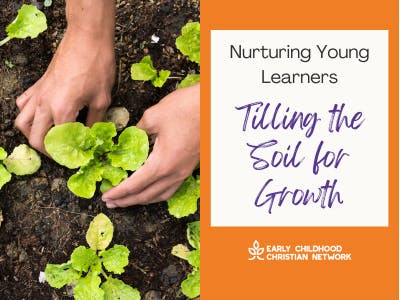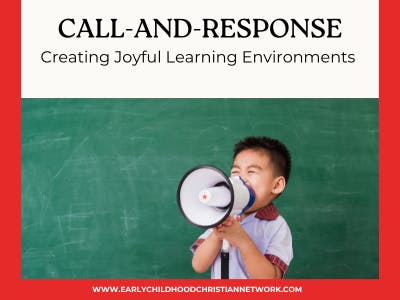The Power of Prayer in Preparing Your Classroom
Hey Reader! This is the season of cleaning and prepping and organizing and getting so excited about new students and families (and new crayola crayons and Elmer’s glue sticks)! You’re attending in-service meetings, and professional development events, and doing some online training to ensure you are as equipped as possible to begin this journey! As you are busy making sure everything in your classroom is just perfect and you’re checking all the boxes for paperwork and training, can I…










